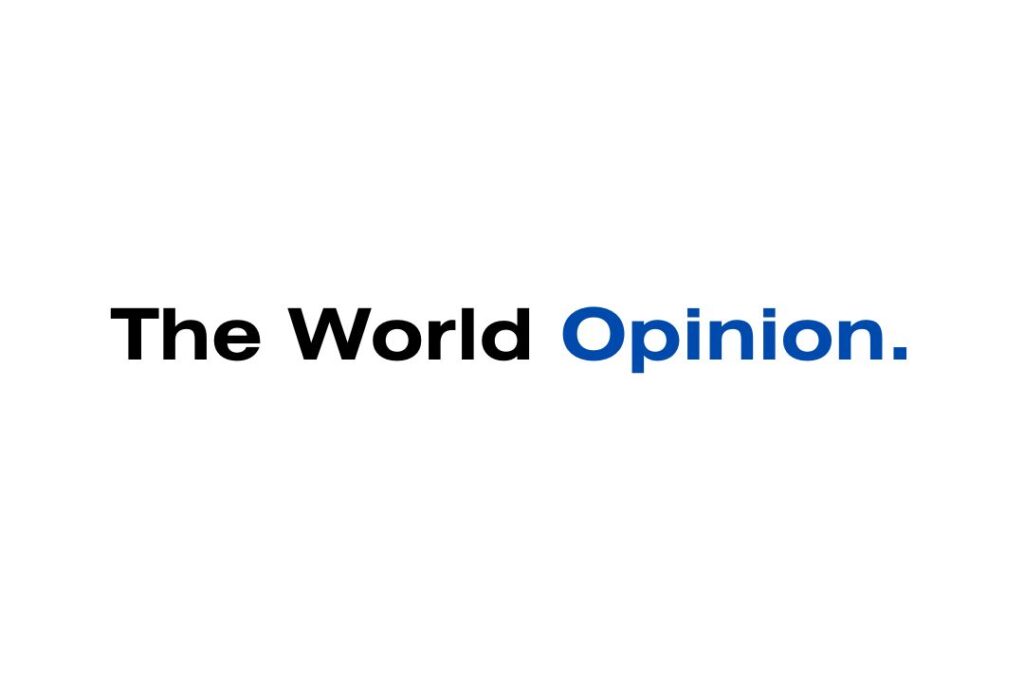Ecu Government Vice-President Margrethe Vestager.
Anadolu Company | Anadolu Company | Getty Photographs
The Ecu Union agreed on new virtual laws Saturday that may power tech giants like Google and Meta to police unlawful content material on their platforms extra aggressively, or else chance doable multibillion-dollar fines.
The Ecu Parliament and EU member states reached a deal at the Virtual Products and services Act, a landmark piece of law that targets to handle unlawful and destructive content material through getting platforms to all of a sudden take it down.
A key a part of the law would restrict how virtual giants goal customers with on-line commercials. The DSA would successfully forestall platforms from concentrated on customers with algorithms the usage of knowledge in line with their gender, race or faith. Focused on youngsters with commercials can also be prohibited.
So-called darkish patterns — misleading ways designed to push other people towards sure merchandise and repair — can be banned as neatly.
Tech corporations can be required to enforce new procedures designed to take down unlawful subject material similar to hate speech, incitement to terrorism and kid sexual abuse. E-commerce marketplaces like Amazon should additionally save you gross sales of unlawful items beneath the brand new regulations.
Failure to agree to the principles might lead to fines of as much as 6% of businesses’ international annual revenues. For an organization like Meta, the guardian corporate of Fb, that would imply a penalty as prime as $7 billion in line with 2021 gross sales figures.
The DSA is become independent from the Virtual Markets Act, which EU establishments authorized closing month. Each include the specter of hefty fines. However while the DMA seeks to curb Large Tech corporations’ marketplace energy, the DSA is all about ensuring platforms do away with poisonous content material temporarily.
The regulation will have an effect on user-generated content material websites like Fb, Instagram, Twitter, YouTube and TikTok.
Brussels has an extended historical past of taking web giants to process over festival abuses and information privateness.
The bloc has leveled a blended 8.2 billion euros ($8.8 billion) in fines in opposition to Google over antitrust violations, and has lively investigations into Amazon, Apple and Meta.
In 2018, the EU presented the Normal Knowledge Coverage Law, a sweeping set of privateness regulations geared toward giving shoppers extra keep watch over over their data.
It comes as policymakers in Washington wrangle with the query of learn how to rein within the energy of enormous tech corporations and get them to scrub up their platforms of destructive content material. On Thursday, former President Barack Obama mentioned the tech trade wishes legislation to handle the unfold of on-line disinformation.
“For too lengthy, tech platforms have amplified disinformation and extremism and not using a duty,” former U.S. Democratic Presidential candidate Hillary Clinton tweeted Thursday.
“I encourage our transatlantic allies to push the Virtual Products and services Act around the end line and bolster international democracy earlier than it is too past due.”
However how the EU manages to enforce its new regulations in apply is unclear. Critics say enforcing such measures will create technical burdens and lift questions round what speech is or is not applicable on-line.
Within the U.Ok., new regulations designed to take on unsafe content material has been closely criticized through some in tech trade — now not least the Large Tech platforms — because of a imprecise description of subject material this is “criminal however destructive.”
Detractors argue this would closely restrict freedom of expression on-line. For its phase, the British executive mentioned it may not require any criminal loose speech to be got rid of, and that “democratically essential” content material can be safe.




